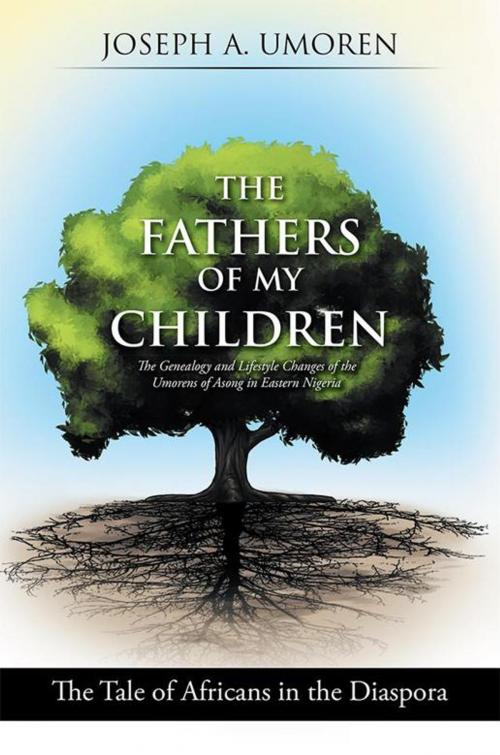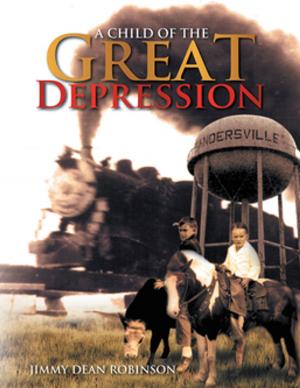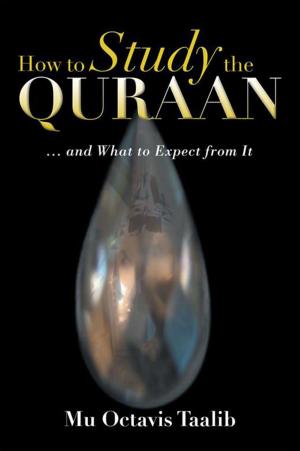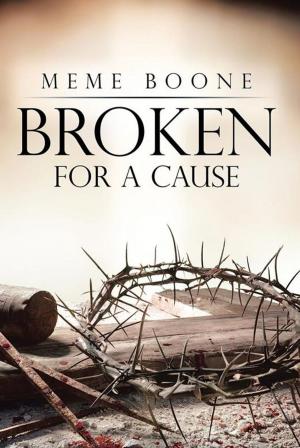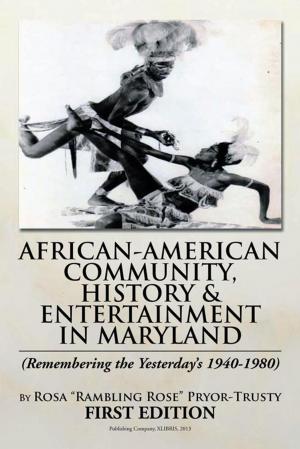The Fathers of My Children: the Genealogy and Lifestyle Changes of the Umorens of Asong in Eastern Nigeria
The Tale of Africans in the Diaspora
Nonfiction, Reference & Language, Reference, Genealogy, Social & Cultural Studies, Social Science, Cultural Studies, African-American Studies, Family & Relationships| Author: | Joseph A. Umoren | ISBN: | 9781514414132 |
| Publisher: | Xlibris US | Publication: | October 9, 2015 |
| Imprint: | Xlibris US | Language: | English |
| Author: | Joseph A. Umoren |
| ISBN: | 9781514414132 |
| Publisher: | Xlibris US |
| Publication: | October 9, 2015 |
| Imprint: | Xlibris US |
| Language: | English |
The Fathers of My Children: The Genealogy and Lifestyle Changes of the Umorens of Asong in Eastern Nigeria describes the ancestral origin of the Umorens and the existing lineal connection with all Africans in the Diaspora, regardless of their different migrational pathways in which they found themselves outside of Africa, particularly in North America. The book is also a description of the total African experience throughout human history and of the human motivation in the African voluntary and involuntary migrations. The causes and effects of such migrations are delineated to include the Trans-Atlantic Slave Trade, the Partition of Africa, and the Colonization and Decolonization of Africa. In part, it is a story of the African holocaust, which spans over four hundred years. While the book does not call for an African retreat from the New Wave of globalism and the individual quest for greener pastures, it serves to remind all Africans of the need to reverse African economic and cultural deprivation, the decay of the African villages and traditional lifestyles through their renewed Africanism that connects one to another and rebuilds the communities they left behind.
The Fathers of My Children: The Genealogy and Lifestyle Changes of the Umorens of Asong in Eastern Nigeria describes the ancestral origin of the Umorens and the existing lineal connection with all Africans in the Diaspora, regardless of their different migrational pathways in which they found themselves outside of Africa, particularly in North America. The book is also a description of the total African experience throughout human history and of the human motivation in the African voluntary and involuntary migrations. The causes and effects of such migrations are delineated to include the Trans-Atlantic Slave Trade, the Partition of Africa, and the Colonization and Decolonization of Africa. In part, it is a story of the African holocaust, which spans over four hundred years. While the book does not call for an African retreat from the New Wave of globalism and the individual quest for greener pastures, it serves to remind all Africans of the need to reverse African economic and cultural deprivation, the decay of the African villages and traditional lifestyles through their renewed Africanism that connects one to another and rebuilds the communities they left behind.
